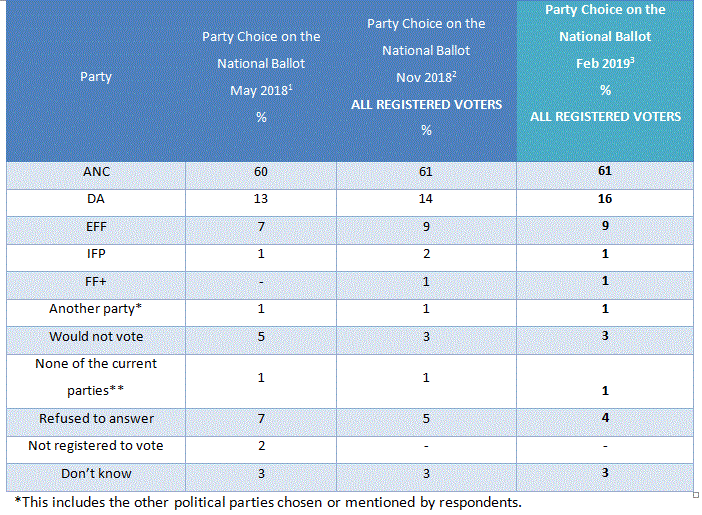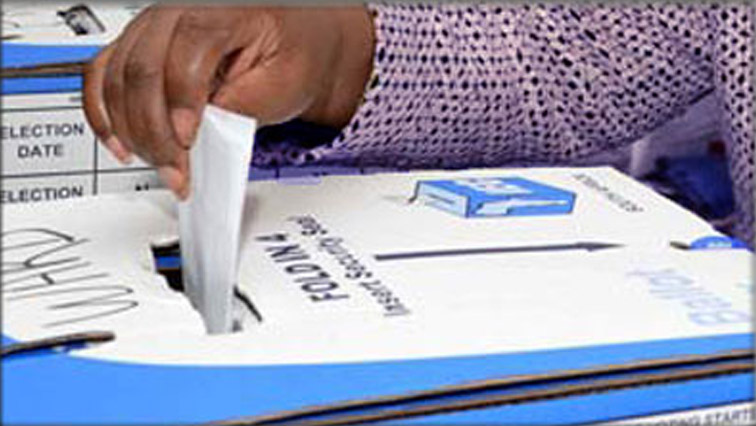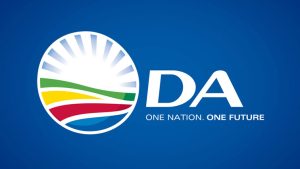With less than two months before the national and provincial elections on 8 May 2019, the political debates and activities are reaching fever pitch. Politicians are walking the streets trying to inspire voters to make crosses next to their party names.
On social media, opinions are shared freely and the more traditional printed and electronic media are all carrying election stories.
All parties have published their manifesto’s and the IEC will probably publish the final list of parties participating in the national and in the nine provincial elections on 19 March. All indications are that there will be a plethora of parties to choose from.
An opinion poll, conducted by Ipsos with fieldwork from 1 February to 4 March this year shows some interesting findings. This is the latest in the Ipsos regular “Pulse of the People™” studies, conducted with a randomly selected sample of adult South Africans.
The findings regarding party choice are arrived at by handing respondents an electronic ballot paper to use to mark their choice of party (in imitation of a secret ballot). At the data processing stage, the results are filtered by those who are registered to vote.
The voters’ roll compiled by the IEC contains 26,774,102 names of South Africans who are registered to vote, meaning that more than 10 million South Africans of voting age have chosen not to register and therefore not to vote in this election. This can probably be attributed to the fact that of all South Africans eligible to vote, a quarter (25%) are not interested in politics / elections and almost four in every ten (38%) say that there is no political party that expresses their views.
Even among those who registered to vote, more than a third (37%) have indicated that they agree with the statement “There is no political party expressing my views”. However, this does not mean that they will not turn out to vote on election day. But it must be accepted that uncertainty is part of the political scene in the country.
Currently, just more than six in every ten registered voters (61%) will put their mark next to the ANC’s name in a national election. The ruling party is followed by the DA (16%), EFF (9%) and IFP and FF+ (both at 1%). 11% of registered voters answered that they would not vote, would not vote for a current party, refused to answer or didn’t know which party they would vote for.
The table below summarises the results from similar polls conducted in 2018 and the results from the latest poll.

**Some respondents made it clear that none of the current political parties appealed to them.
This analysis shows that the DA has improved their standing with the electorate since November last year. The party has largely succeeded in countering the negative opinions that plagued it last year – mostly around the exit of Patricia de Lille from the party. However, DA support is still some percentage points behind their performance in the 2014 national election.
These results are not a prediction of the outcome of the election but represents a snapshot of voter opinion at the time of fieldwork – i.e. February 2019. This is because not everyone who is registered to vote will turn up to vote on election day.
Ipsos develops possible election turnout scenarios, taking the opinions of registered voters of different issues into account. Using indications of desire and likelihood, we are able to get closer to the possible outcomes on election day. We also look at the answers to five other questions regarding political choice and identification with political parties. Closer to the election, we conduct another survey and scrutinise and analysis further to deliver the possible outcome.
The following are the possible results for a medium voter turnout scenario – if about 80% of those registered to vote go to the polls.

These results demonstrate that the support for the ANC will be stable at around 61% the DA and the EFF will both benefit from the medium voter turnout scenario and a few smaller parties will also make their mark.
Trust in political parties and leaders
The decision about which political party to support in an election is often driven by trust in the party or in the leadership of the party. South Africans are asked to indicate whether they are “Extremely likely to trust” or “Very likely to trust” a party, versus an opinion that they are inclined “neither to trust nor distrust” the party, “Not very likely to trust” or “Not at all to trust” the party. Ipsos developed a “trust index” depicting trust levels in each party. Trust is fundamental to all human relations and also to the relationship a person has with his / her chosen political party.

If we only take these trust indices into account, it seems as if the ANC’s position is improving amongst voters, while the DA and the EFF still have issues to convince bigger proportions of voters to support them. The picture differs dramatically when looking at the levels of trust supporters of the different parties have in their own party of choice.

Political leadership plays a big part in the image and standing of a political party in the eyes of voters, and the table below compares the trust in leaders among all registered voters with the trust that the supporters of a political party place in that party’s leader.

Technical Detail
Fieldwork for this study was conducted from 1st February 2019 to 4th of March 2019. A total of 3,511 South Africans, 15 years and older, were interviewed. They were randomly selected and interviewed face-to-face in their homes and home languages. Interviews were conducted all over the country, from metropolitan areas to deep rural areas. This methodology ensured that the results are representative of the views of the universe and that findings can be weighted and projected to the universe – i.e. South Africans 15 years and older.
Trained quantitative fieldworkers from all population groups were responsible for the interviewing and CAPI (Computer-Assisted Personal Interviewing) was used. All results were collated and analysed in an aggregate format to protect the identity and confidentiality of respondents.
To arrive at the results discussed in this press release, the data was filtered by those 18 years and older (eligible voters) and by those registered with the IEC to vote. This resulted in a total sample size of 2,835. In fieldwork documentation of the respondents are checked. Using a ballot paper like that used in an election, respondents had to “vote for” their choice of political party. The question specified that they need to consider their choice as if the election were happening the next day.
All sample surveys are subject to a margin of error, determined by sample size, sampling methodology and response rate. The sample error for this sample at a 95% confidence level is a maximum of 1.8%.
In conclusion, Ipsos welcomes any discussion about its record as a political pollster in South Africa, and any other jurisdiction where we do polls. Our record in South Africa as an accurate predictor of political outcomes and as a source of strategically important information based on our polling is very strong.






